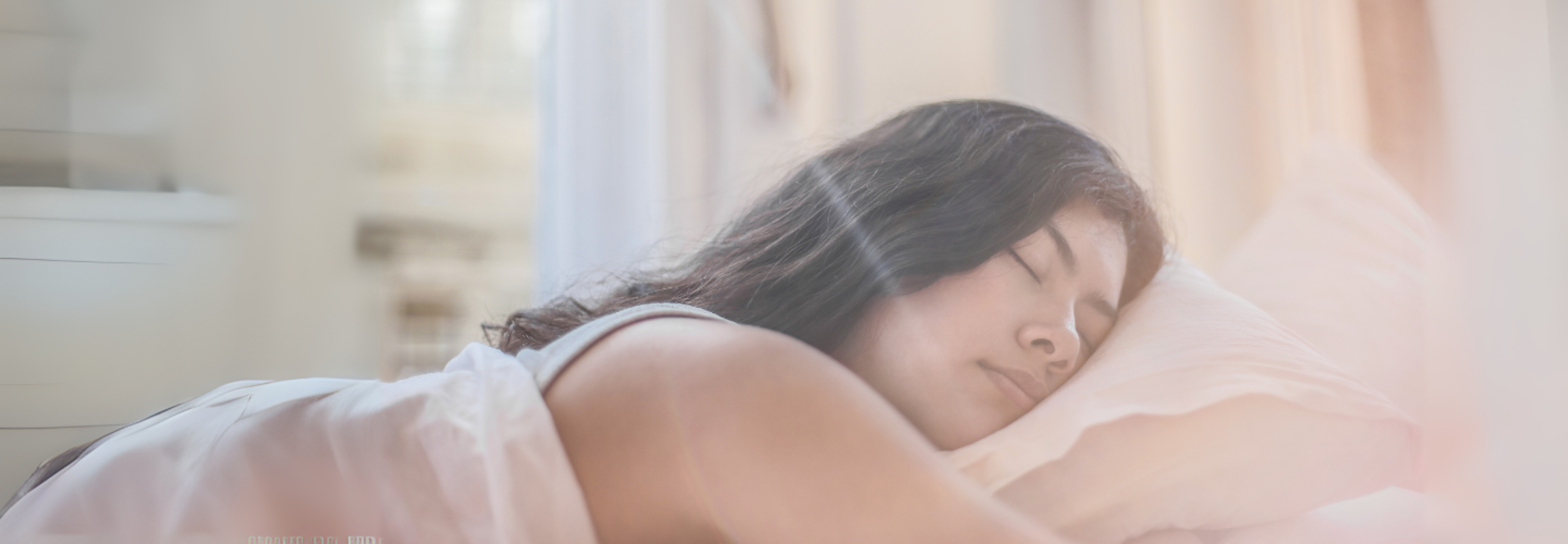Are You Able To Thrive On Just 4 Hours Of Sleep? This Rare Gene Mutation Might Be Why

Credits: Canva
SummaryEver wondered why some people feel refreshed after just 4 hours of sleep? A rare gene mutation might be the reason—but for most of us, quality rest still needs 7–9 hours.
End of Article
